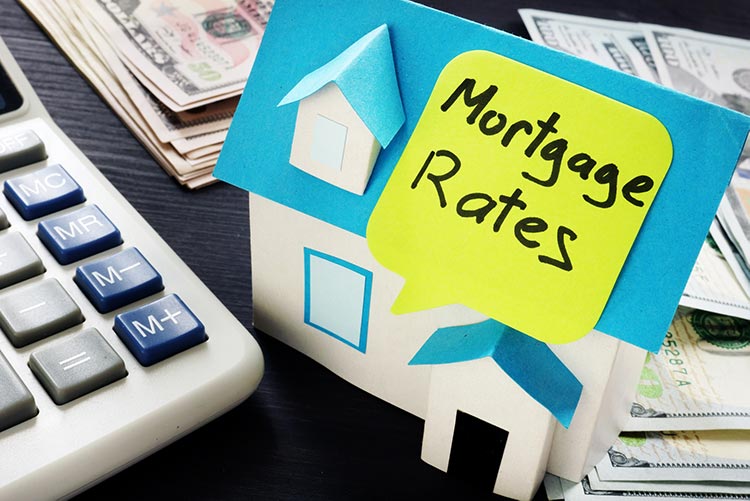Page 12 111 - 120 of 537
What Are Financial Planning Tools for Real Estate?

Technology has completely changed the way financial advisors and wealth managers help their clients reach short- and long-term financial goals.
From Managing Tenants to Managing Wealth: Helping Clients 'Retire' from Active to Passive Real Estate Investing

Realized co-founder and CEO David Wieland wrote this article on the potential opportunity for wealth advisors to assist their clients with tactics for successfully transitioning from direct real estate ownership to passive real estate investments. You can read the full article at financialplanning.com.
What are Strategies for Business Exit Planning When the Business Owns Real Estate?

Growing a business typically takes a ton of time, energy, and equity. Regardless of where your clients are in the growth cycle of their enterprises, it’s important they have well-defined exit strategies in place. These strategies can be used as a roadmap to help guide them through crucial business decisions, as well as provide an end-goal target for all of their efforts.
Helping Clients Use Investment Property for Retirement, Income Diversification

David Wieland, CEO and co-founder of Realized, recently provided Family Wealth Report with his perspective on diversification strategies, with a focus on baby boomers with significant real estate holdings. Read the complete article using the link above or review this recap.
What are Private Real Estate Funds?

Investors can choose among various options to own real estate. One common choice is direct investment, which involves buying and managing property. Some investors prefer this approach as a means to pursue both income and potential appreciation. However, direct investing does have limits, particularly resource limits. One option for investors who prefer to pursue larger properties is to participate in a private real estate fund. Private real estate funds raise capital from investors, identify, acquire, finance, manage investments, and share income.
What is an Adjustable Rate Mortgage and How Does it Work?

Mortgage rates for both personal residential use and investment purchases are volatile and can significantly impact the cost of your purchase. When interest rates are low, buyers can afford to buy a more expensive house, and when rates rise, the housing market often experiences lower activity. For lenders, rising interest rates can affect their bottom line if customers have mortgages locked in for thirty years at a lower rate than the institution needs to pay to borrow money.
Investing in Student Housing Could Boost Your Portfolio’s Income and Add Important Tax Benefits

Drew Reynolds, chief investment officer at Realized, recently shared his thoughts with Marketwatch on the growth of the student housing market and why real estate investors should consider adding this sub-sector of commercial real estate to their portfolios through passive investments such as student-housing DSTs.
What is a Fixed-Rate Mortgage?

A fixed-rate mortgage is a type of home loan where the interest rate stays the same over the life of the loan. It can create stability, because your principal and interest mortgage payment remains the same over the life of the loan.
How Commercial Real Estate Investing Can Add Balance to Your Portfolio

David Wieland, CEO and co-founder of Realized, recently authored an article in Kiplinger examining the benefits of adding real estate investments to your balanced portfolio. Read the recap below and the complete text at Kiplinger.com.
Who Owns the Property in a Real Estate Syndication?

Real estate syndication is an investment strategy that allows individuals to pool their resources to invest in larger, more complex real estate projects than they could on their own. In a real estate syndication, investors typically form a special purpose entity (SPE), which holds title to the property and manages the investment for the parties involved.
Page 12 111 - 120 of 537


